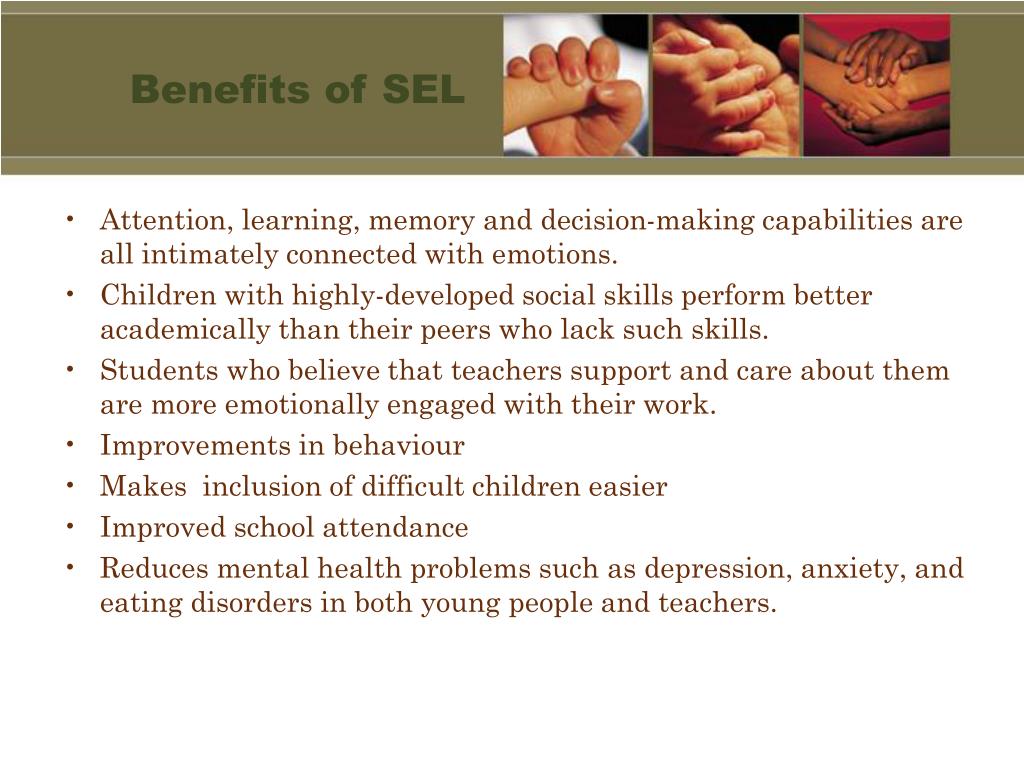Social and Emotional Learning (SEL) has been gaining increasing recognition in recent years for its numerous benefits in education. SEL refers to the process of acquiring and applying skills that enable individuals to understand and manage their emotions, build positive relationships, and make responsible decisions. It goes beyond traditional academic learning by focusing on developing students’ social awareness, empathy, self-awareness, self-management, and relationship skills.
One of the key advantages of SEL is that it promotes a positive classroom environment where students feel safe, supported, and valued. This leads to increased engagement in learning as well as improved attendance and behavior. When students are equipped with SEL skills, they are better able to handle stressors such as peer pressure or conflicts effectively. They also develop resilience in the face of challenges.
Moreover, research has shown that incorporating SEL into curriculum improves academic performance. Students who engage in SEL activities demonstrate higher levels of concentration and motivation. They also exhibit enhanced problem-solving abilities by being able to think critically about complex issues.
SEL has long-term benefits as well. Students who have participated in SEL programs show greater success later on in life including higher graduation rates, increased college enrollment rates, and improved employment prospects.
In conclusion, integrating Social and Emotional Learning into schools not only fosters a supportive environment but also equips students with essential life skills needed for success both academically and personally. By prioritizing emotional intelligence alongside academics, we can ensure that our education system nurtures well-rounded individuals capable of thriving in an ever-changing world.

Leave a comment